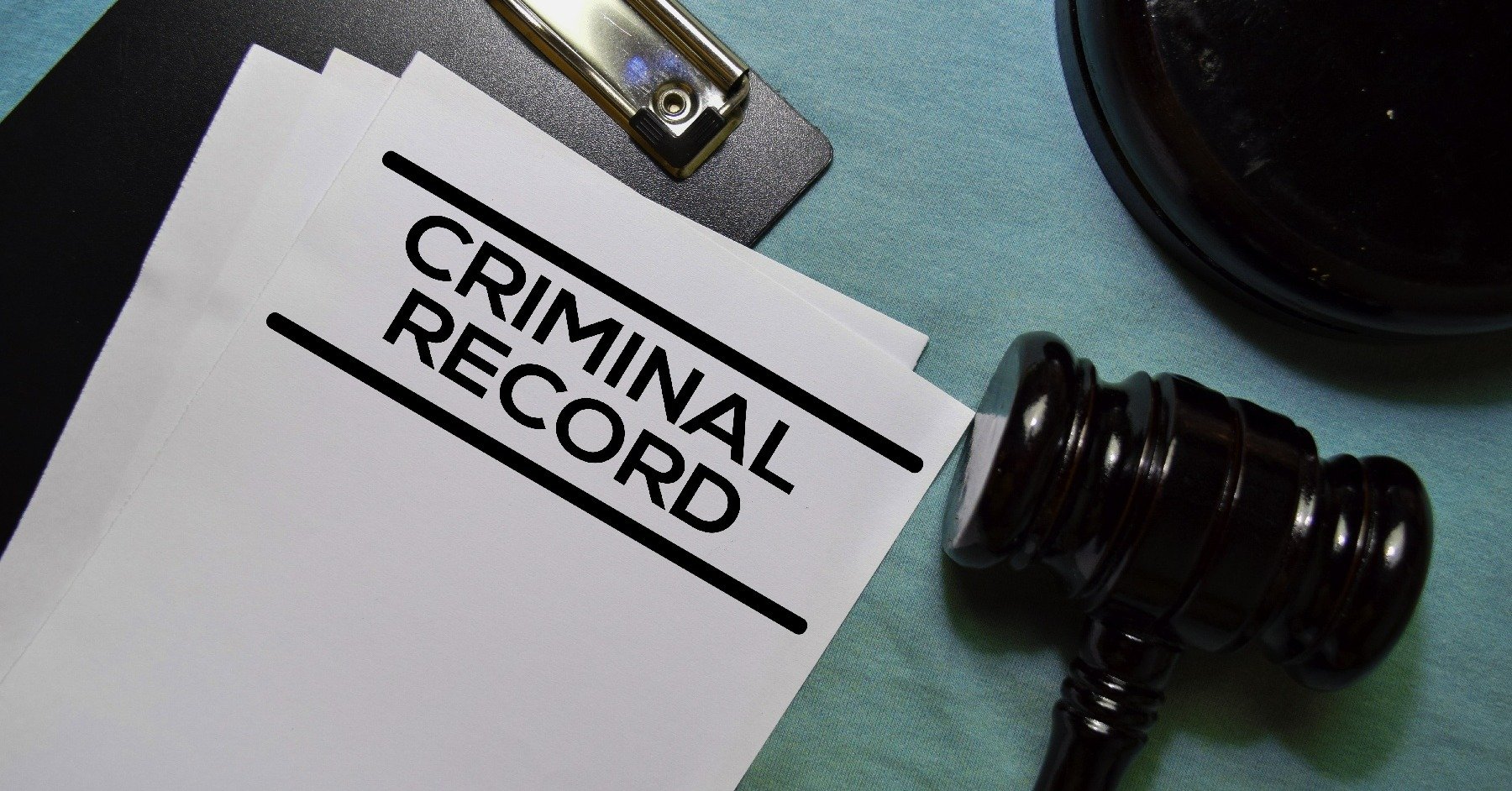Record Expungement Designed to Enhance Employment and Eliminate Recidivism Act (REDEEMER Act) was passed and signed into law by Alabama Governor Kay Ivey.
Effective: July 1, 2021
Key Takeaways: According to the new bill, a misdemeanor conviction can now be expunged where the following criteria are met:
- All probation or parole requirements have been completed. Including payment of all fines, costs, restitution, and other court-ordered amounts. This must be verifiable with the applicable court or agency.
- Three years have passed from the date of conviction.
- The person was not operating a commercial vehicle at the time and convicted of any of the offenses enumerated in 49 C.F.R. § 383.51.
- The conviction is not a violent offense, provided in Section 12-25-32.
- The conviction is not a sex offense, as provided in Section 15-20A-5.
- The conviction is not an offense involving moral turpitude, as provided in Section 17-3-30.1.
- The conviction is not a serious traffic offense, as provided in Article 9 of Chapter 5A of Title 32.

Felony arrests and convictions
The old law regarding felony charges that did not result in a conviction stays essentially the same. Under the new Alabama REDEEMER law, a person who has been charged, but not convicted of a felony may file a petition to expunge the record under the following circumstances:
- The charge was dismissed with prejudice and more than 90 days have passed.
- The charge has been no billed by a grand jury and more than 90 days have passed.
- The person has been found not guilty of the charge and more than 90 days have passed.
- The charge has been nolle prossed without conditions, more than 90 days have passed, and the charge or charges have not been refiled.
- The indictment has been quashed and the statute of limitations for refiling the charge or charges has expired or the prosecuting agency confirms that the charge or charges will not be refiled.
- When the charge was dismissed after successful completion of a drug court program, mental health court program, diversion program, veteran’s court, or any court-approved deferred prosecution program and the program was completed at least one year prior to filing.
- When the charge was dismissed without prejudice more than five years ago, has not been refiled, and the person has not been convicted of any other felony or misdemeanor crime, any violation, or any traffic violation, excluding minor traffic violations, during the previous five years.
- When the person proves by a preponderance of the evidence that the person is a victim of human trafficking, that the person committed the misdemeanor criminal offense, violation, traffic violation, or municipal ordinance violation during the period the person was being trafficked, and that the person would not have committed the offense or violation but for being trafficked.
Felony Convictions can now be expunged under certain circumstances
Where the person was convicted of a felony charge, they can file a petition for expungement where ALL of the following conditions are met:
- The person has been granted a certificate of pardon with restoration of civil and political rights for the conviction from the Board of Pardons and Paroles.
- All civil and political rights that were forfeited as a result of the conviction have been restored.
- One hundred eighty days have passed from the date of the issuance of the certification of pardon.
- The conviction is not for a violent offense as defined in 12-25-32.
- The conviction is not a sex offense, as defined in Section 15-20A-5.
- The conviction is not an offense involving moral turpitude, as provided in Section 17-3-30.1.
- The conviction is not a serious traffic offense, as provided in Article 9 of Chapter 5A of Title 32.
Availability of records after expungement
Under the new law, even though the records are expunged, the records will still be available to the following:
- A criminal justice agency
- A district attorney, or a prosecuting authority for criminal investigation purposes
- A utility and its agents and affiliates
- The Department of Human Resources for the purpose of investigation or assessment in order to protect children or vulnerable adults
- Entities or services providing information to banking. insurance, and other financial institutions as required for various requirements as provided in state and federal law
- The Court, or officers of the Court for use in any civil matters related to the criminal charges expunged or seeking to be expunged regardless of the outcome of the petitioned expungement.
Get expert tools to help you respond to a shifting law landscape
Orange Tree can help you stay updated on the latest laws and regulations regarding the Alabama REDEEMER Act, Ban-the-Box, use of credit legislation, EEOC guidance, and more. We provide our clients:
- Proactive communication of relevant industry and legal updates/and requirements.
- Direct access to our compliance team when you need it the most.
- 50 state analysis of legislation and necessary legal procedures.
- Monitoring of current legal updates and trends.
- Provide regular compliance updates through our newsletter, blog, and webinars.
- Ability to dispute and re-investigate results at any time.
- Transparency in our practices to our clients and candidates.
Schedule a call to learn how Orange Tree can help you today.
